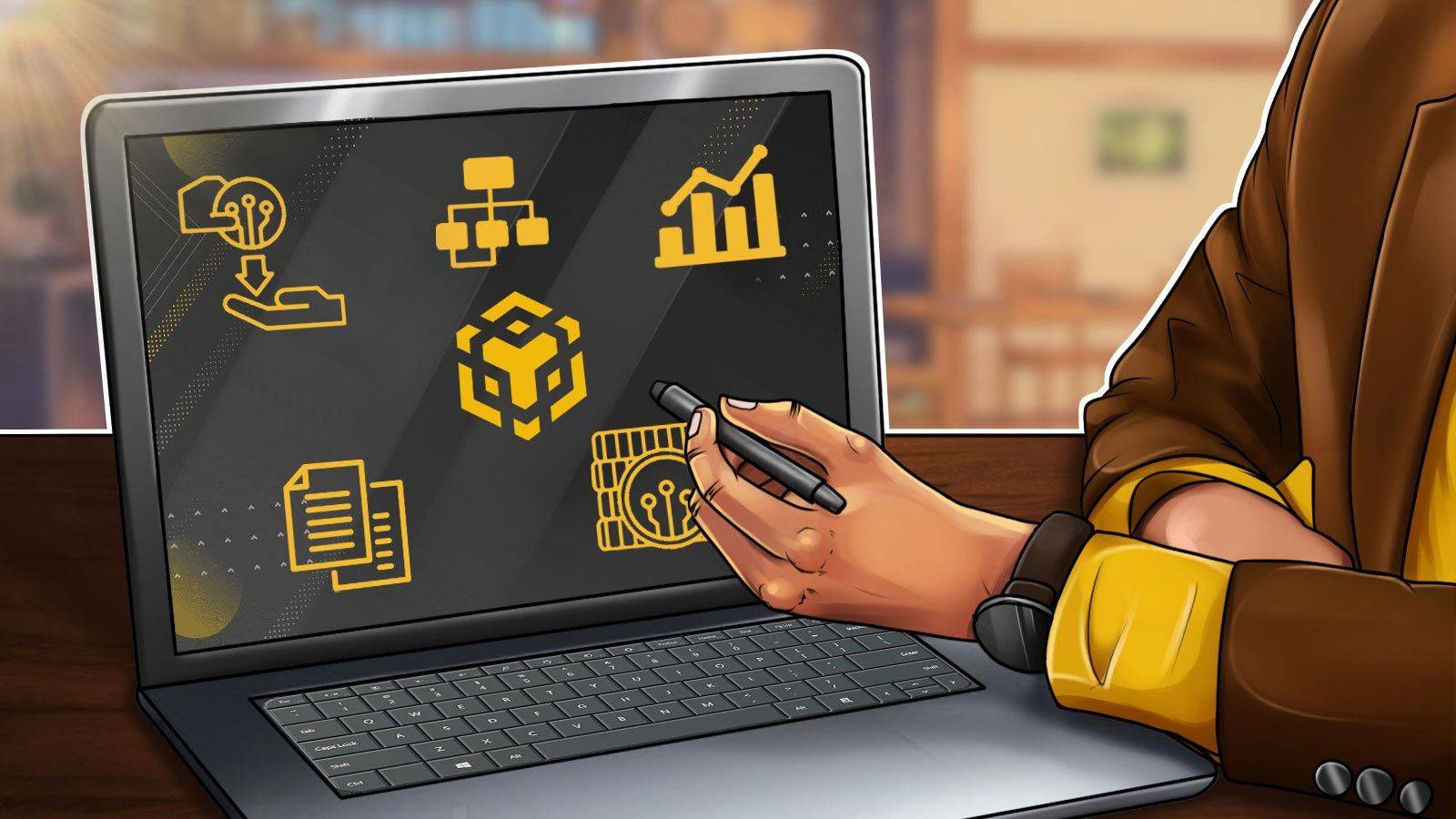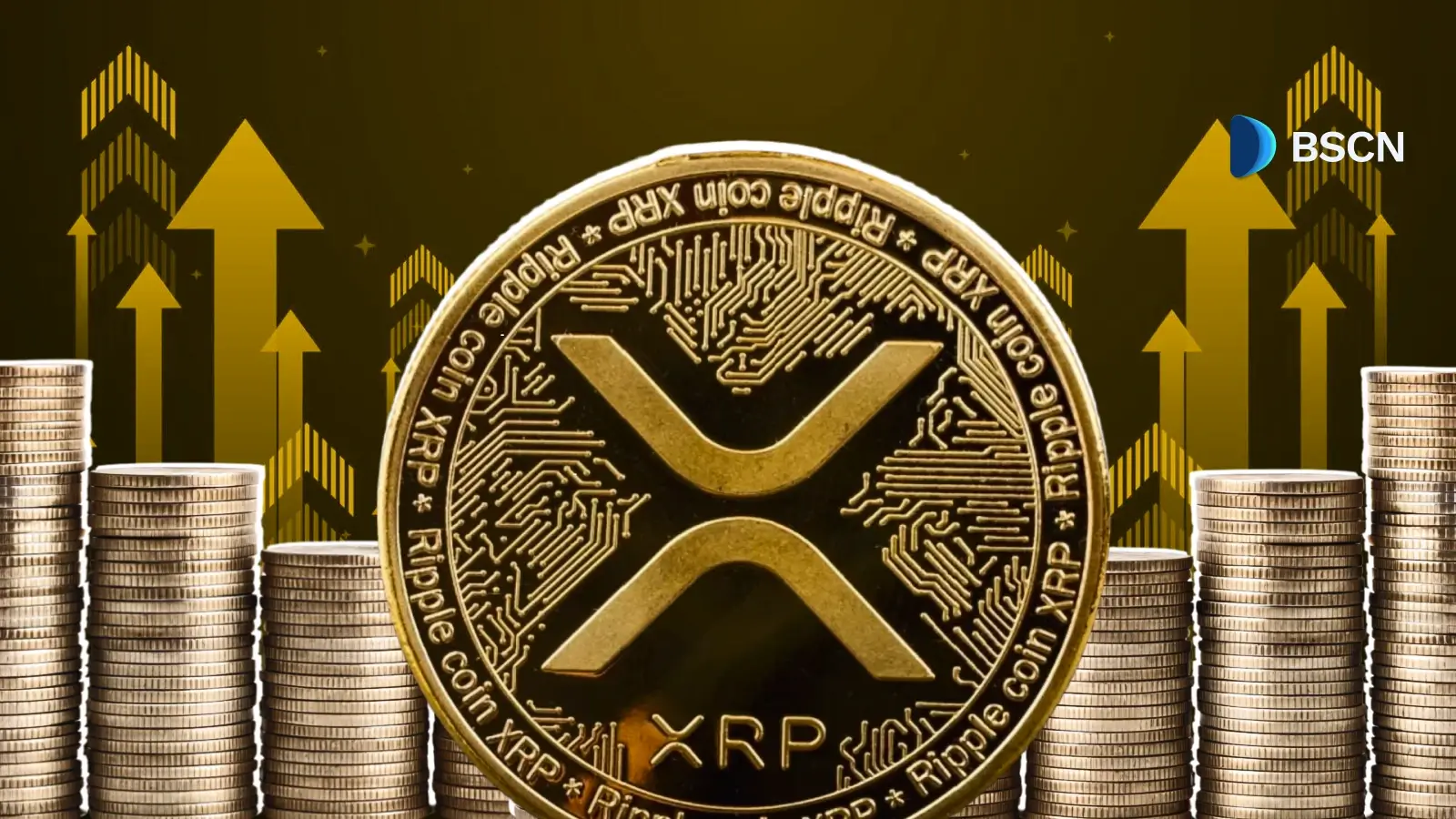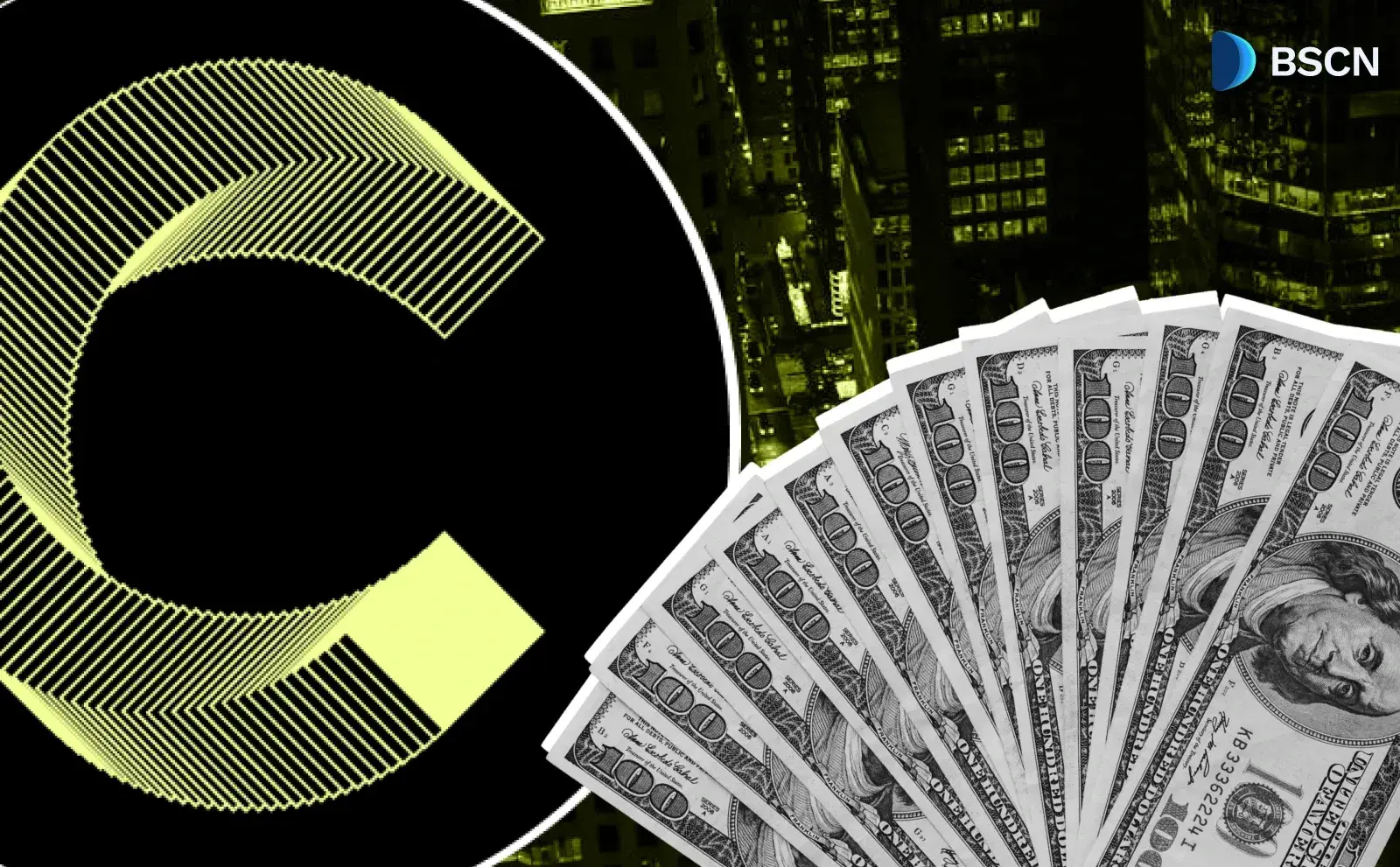How to Protect from Phishing Scams

Members of the crypto community can easily fall victim to scams and lose their assets by interacting with scam airdrop tokens.
BSCN
October 4, 2021
Table of Contents
What is an Airdrop?
Crypto airdrops refer to tokens distributed to selected wallet addresses normally for free. They are routinely used by blockchain projects to create awareness or to reward members of their communities. More often than not, these projects give out free tokens to users as a reward for taking part in simple social media tasks that spread awareness.
The free nature of airdrops has attracted large followership who look up to it as a means of passive income. And with the proliferation of social media platforms, the community has formed a win-win relationship with crypto projects: the community spreads awareness about the projects and receives free tokens as a reward.

Enter The Bad Actors
Crypto criminals have turned their attention to airdrops. They are beginning to use it to defraud unsuspecting members of the community.
How do they do it?
They run a fake airdrop campaign, and send mischievous tokens to people, hoping to get the attention of the recipients. If a recipient interacts with the tokens, the criminals may be able to snatch personal information which can be used in stealing crypto assets from the recipient's wallet. It's called phishing - a technique where a user is cajoled into releasing personal information to a criminal/attacker.
Many people have fallen victim to these phishing scams perpetrated through fake airdrops.
Warning Signs
Some red flags you need to be wary of include:
- You receive unsolicited tokens without you doing any social media promotion nor interacting with the token's underlying platform.
- You received strange tokens that the blockchain explorer or your wallet gives a value that instantly makes you a millionaire, for example.
- You interact with an unknown token and are redirected to a website to complete other steps to get help.

How To Stay Safe
- Avoid adding unverified tokens:
Many decentralized exchanges such as PancakeSwap, ApeSwap, etc. have an 'add token' feature which makes it easy for a user to add a new token to the platform's list. If you don't know the token, don't add it without doing your own research (DYOR).
- Don't be so fast to swap:
Maybe a strange token lands in your wallet and you see that it is worth $100s or even $1000s. Don't rush to a DEX and swap them to become instantly rich. If it looks too good to be true, be cautious.
- Double-check the website:
Scammers have been known to alter the address of a genuine platform hoping that the victim won't be observant enough. For instance, the genuine address may end with a '.com', while the fake website ends with a '.net'. Avoid any website whose address is a clone.
- Never share your secret information:
Do not give out your wallet's recovery phrase or private keys. If a supposed airdrop redirects you to a webpage that requests such personal info, decline the request.
- Avoid Connecting Your Wallet Arbitrarily:
Only connect your wallet with decentralized applications that you are sure are genuine. Having a connection to your wallet is a phisher/hacker's first link to you. Avoid giving up your first line of defense.
- Disconnect unknown connections:
Regularly check your wallet to know what smart contracts it is connected to. Revoke any connection you don't trust. Unrekt is one of the tools you can use for this purpose.
Word to Take Home

Crypto scammers and thieves constantly innovate new techniques to defraud users. One of their recent strategies is phishing via fake airdrops. BSCNews is committed to the security of our readers hence this safety article.
Be careful what airdrop tokens you interact with, especially if you received them spontaneously with no apparent participation from you. Always carry out due diligence to stay safe in crypto-space.
Read Next...
Disclaimer
Disclaimer: The views expressed in this article do not necessarily represent the views of BSCN. The information provided in this article is for educational and entertainment purposes only and should not be construed as investment advice, or advice of any kind. BSCN assumes no responsibility for any investment decisions made based on the information provided in this article. If you believe that the article should be amended, please reach out to the BSCN team by emailing [email protected].
Author
 BSCN
BSCNBSCN's dedicated writing team brings over 41 years of combined experience in cryptocurrency research and analysis. Our writers hold diverse academic qualifications spanning Physics, Mathematics, and Philosophy from leading institutions including Oxford and Cambridge. While united by their passion for cryptocurrency and blockchain technology, the team's professional backgrounds are equally diverse, including former venture capital investors, startup founders, and active traders.
Crypto Project & Token Reviews
Project & Token Reviews
Comprehensive reviews of crypto's most interesting projects and assets
Learn about the hottest projects & tokens





















